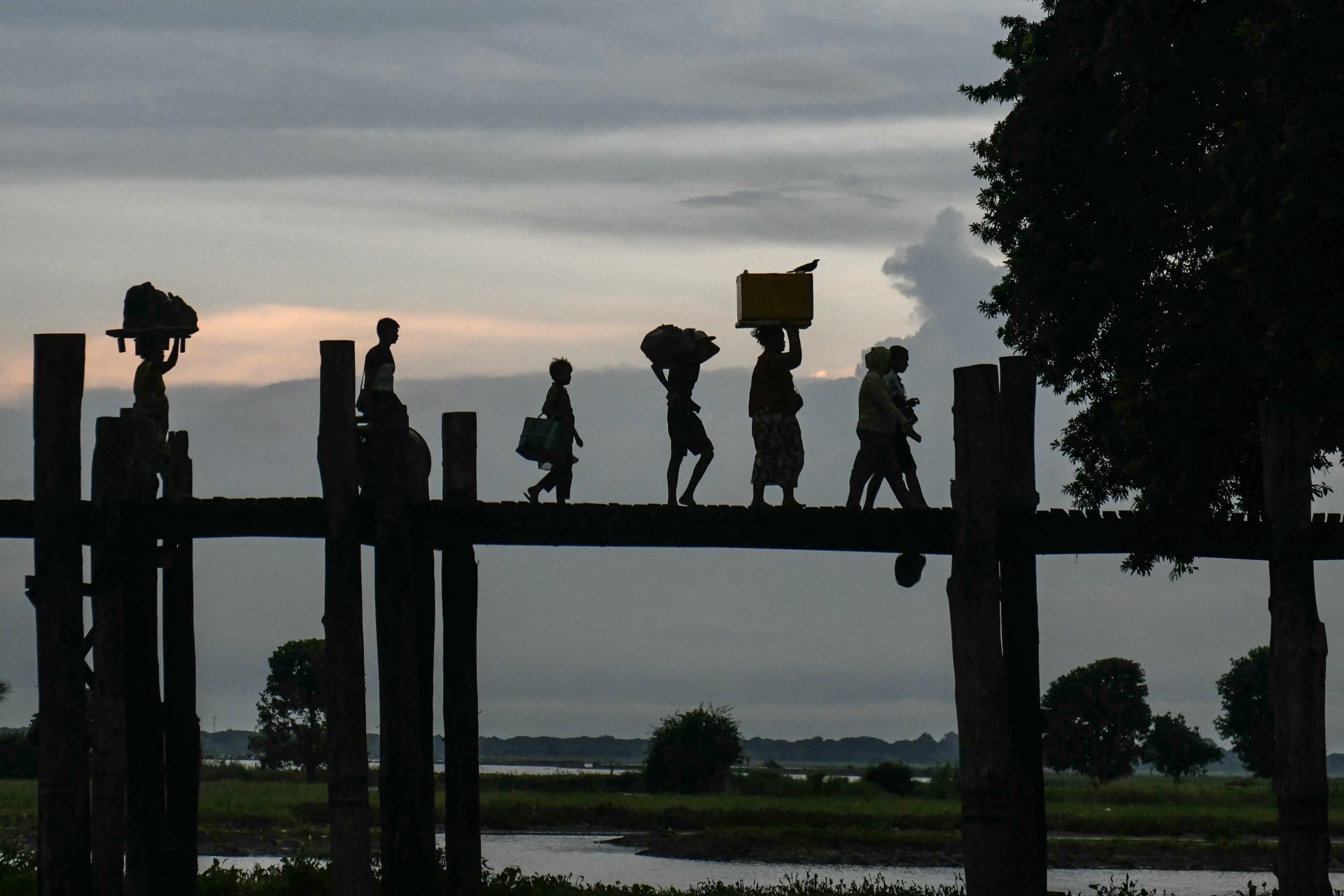As Myanmar faces deepening conflict and the aftermath of a deadly earthquake, a Catholic Church leader in Yangon has described the country as “divided,” with rising displacement and hardship particularly in the border regions.
“The country is divided. The situation in Yangon, where I currently live, is quite calm,” said Father Stephen Chit Thein, National Director of the Pontifical Mission Societies (PMS) in Myanmar, in an interview with Fides News Agency.
“In the big cities in the central part of the country, people’s lives continue, and even our liturgies and pastoral activities can proceed in churches,” the priest added.
Despite curfews and conflict-related restrictions, the Church in Myanmar continues its mission, maintaining liturgical and pastoral activities, particularly in major cities.
However, the situation remains dire in border and peripheral regions, where clashes persist and communities face compounded hardships from both violence and the aftermath of a devastating earthquake that claimed nearly 3,800 lives and displaced tens of thousands.
Despite years of violence and insecurity, Fr. Chit Thein emphasized the resilience of local communities, “who have been living in extreme precarious conditions for the past four years, yet they continue to live and practice a deep faith.”
The faithful continue to trust in God and hope, they do not sink into despair, but keep the light of hope alive,” he said.
The priest described the national crisis as a profound period of trial affecting the entire Burmese people.
Yet amid suffering, he emphasized that the Church continues to draw strength from its faith and the unshaken belief that hope is rooted in Christ—a conviction deeply felt among the faithful across Myanmar.
As the humanitarian situation deteriorates, the local Church also finds encouragement in expressions of solidarity from the Holy See.
Both Pope Francis and Pope Leo XIV have consistently expressed support for Myanmar, with Pope Leo issuing renewed appeals for peace and urging the international community not to overlook the nation’s plight.
Diplomatically, efforts to ease tensions have gained renewed urgency. Malaysia, which currently chairs the Association of Southeast Asian Nations (ASEAN), has proposed extending the ceasefire declared by Myanmar’s military leadership after the March earthquake.
While the temporary truce was seen as a response to both domestic devastation and global pressure, UN observers report that military airstrikes have continued, undermining its credibility.







